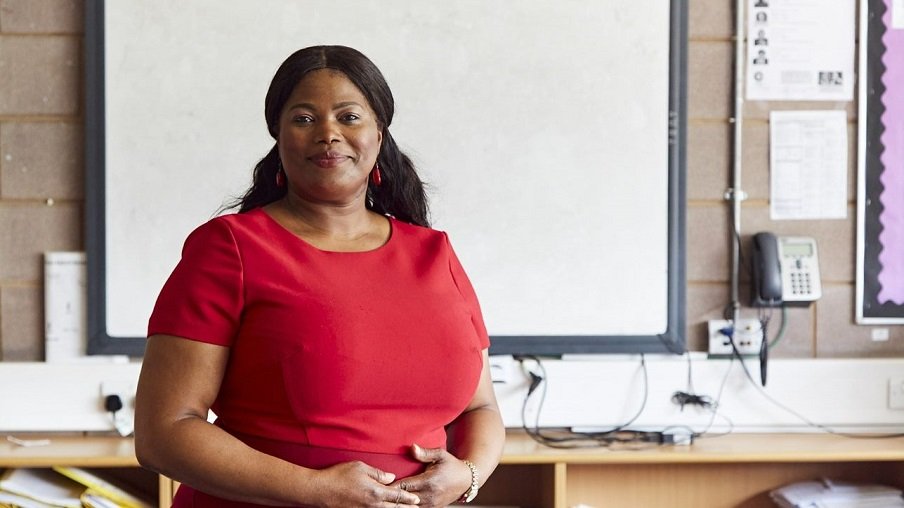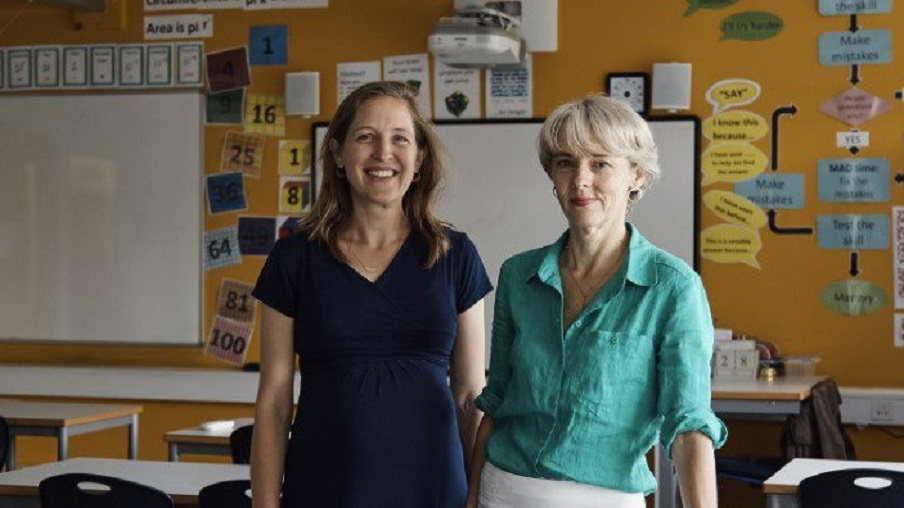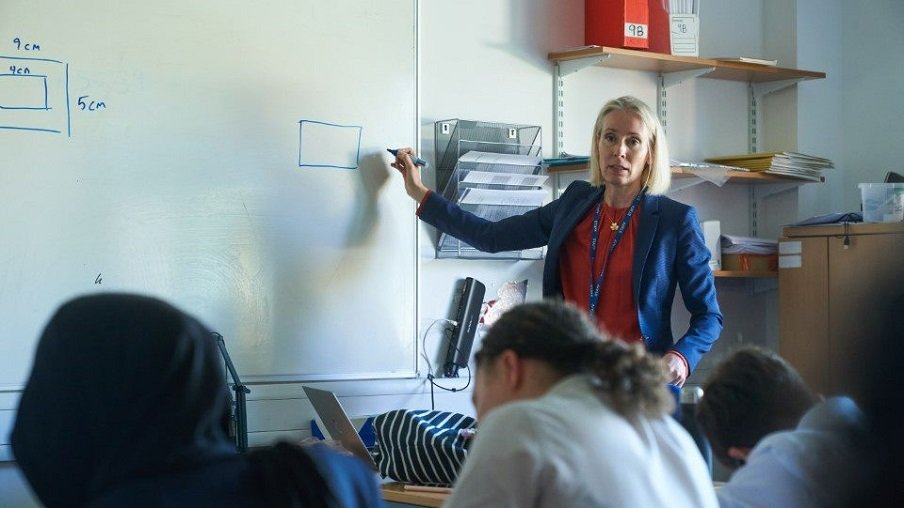A father and participant in my doctoral research defined teaching and parenting as ‘arguably the two most important jobs in the world’.
Teachers worry about how to juggle raising their own children with educating other people’s children, both during and after their training year.
Striking the balance between teaching and family life is certainly achievable, but you need to be aware of the common pitfalls to avoid.
Attractions of teaching
The desire to ‘make a difference’ is very powerful and that ‘lightbulb moment’ in the classroom is priceless. Teaching is unlike any other profession as you are able to guide your students to become responsible citizens.
There is also nothing better than having a moment of connection with a young person, whether it is as a parent or as a teacher.
Teaching is an attractive career because you get to share your passion for your subject, as well as continuously developing and learning. Another benefit can be the holidays shared with your children but do be aware that some work will be required.
Being clear about what teaching is like means you can really appreciate all of this.
Visible and unseen work
It is important to remember that the time you spend teaching is the ‘visible work’ and that those hours are not very flexible. You will need to make time for marking and lesson planning after class, which could mean working 3-5 hours extra some days.
Your training year is more demanding as you need to build your teaching skills while also getting used to a new culture and institution, and this will decline when you are a qualified teacher.
But it can feel like a teacher’s work is never done, and you need to draw clear lines to manage your professional and personal life.
You should check how much ‘directed time’ you are contracted to work, so there are no surprises. These are the hours that you need to be available for things like meetings and parents’ evenings.
Emotionally demanding job
Managing a class of 30 students can be emotionally draining, especially if one of them is struggling. You will encounter challenges when you first start teaching and it can affect how much energy you have at home, especially if you are raising young children too.
The good news is that it will become easier as your teaching skills develop and as your own children get older, but, in the meantime, you should do your best to prepare your family in advance for the change in your availability and energy levels.
Building a strong support network is key. It is crucial to spend quality time with family and friends to decompress and build relationships with other teachers, so you can share common experiences.
You could also hire a childminder or a cleaner to reduce the demands on your time.
Effective communication
Due to lack of time and the structure of the timetable, communication with other adults in schools can be difficult. It is usually at a packed meeting or a rushed exchange between lessons and, though it is not ideal, action requests sometimes come with short notice.
This is one reason why developing positive relationships with other teachers is so important.
You should also be clear about your family commitments and inform your colleagues well in advance if you need to leave work early.
The calendar and holidays
Something that will be helpful for you in balancing your work and home life is that schools plan their years well in advance. But be aware that the school year can still change despite the need to plan ahead.
The long school holidays are a significant perk of teaching, especially if you have school-aged children. However, in a week or two weeks’ holiday you will have to spend a few days marking and a day or two preparing your lessons.
The good news is that during the summer you can completely switch off until around two weeks before you go back.
Complementary skills
Many teachers use what they want for their own children as their aim when they strive for high quality teaching. You will probably use some of the transferable skills that you have honed as a parent in the classroom such as patience and active listening skills, as well as some parenting strategies such as the ‘naughty step’ and ‘time out’.
Being a parent can certainly be a challenge when you start your teaching journey. However, with the right support and forward planning, you will nail the perfect work/life balance.
To hear directly from our Now Teachers about their experiences of going back to school, check out one of our school insight sessions.
Dr Emma Kell has over 20 years’ experience as a teacher and leader in UK secondary schools and is currently qualifying as a Performance Coach (with NLP).
She speaks regularly on wellbeing and parenthood and writes for a variety of publications including TES and BBC Teach. She has completed a doctorate on teacher well-being and parenting at Middlesex University and has written two books: 'How To Survive in Teaching' and 'A Little Guide For Teachers: Wellbeing and Self-Care.'
---
Your experience is valuable and will make a difference to the lives of young people. Register and we'll talk you through the rest.




